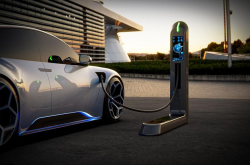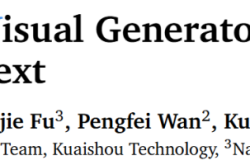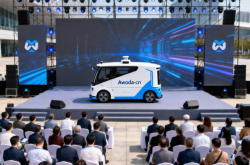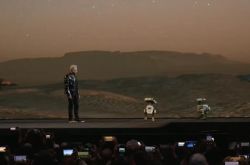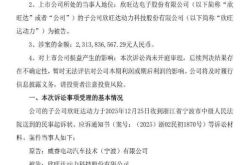The Double 11 Gala is canceled, but how will Double 11 continue?
![]() 11/04 2024
11/04 2024
![]() 451
451
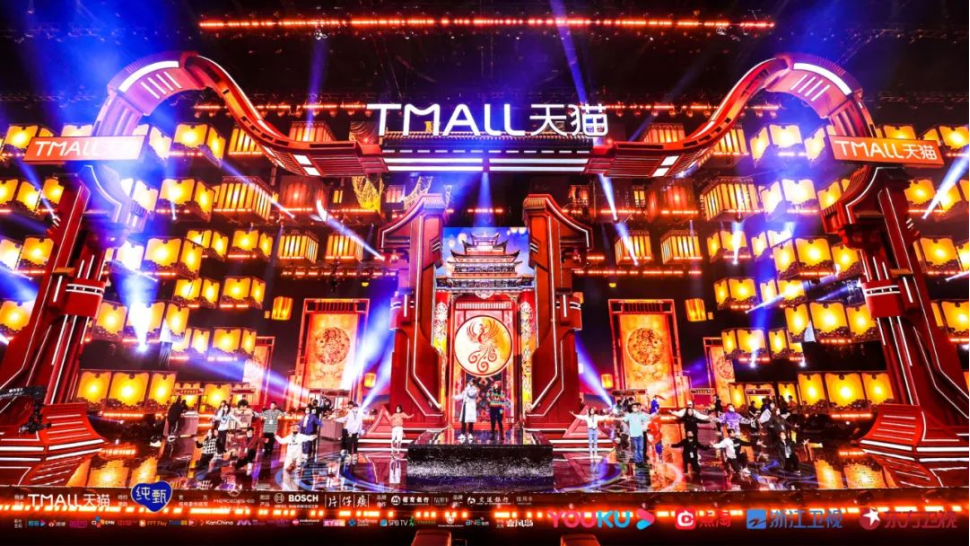
This year's Tmall Double 11 Gala has been canceled.
This once iconic event in China's e-commerce industry has come to an end this year.
Tmall's Double 11 Gala began in 2016, when Alibaba and JD.com accounted for 90% of the online retail market share, while Pinduoduo was still selling fruits and Douyin had just launched. Alibaba, at the time, was so dominant that it had no rivals. So, the lively Jack Ma decided to organize a gala.
Reviewing past Double 11 Galas, we can see that whether it was the guest lineup or the bidding for sponsorship, they were all vying to surpass the Spring Festival Gala. One gala could feature up to 70 guests, ranging from Kobe Bryant to David Beckham. With Alibaba's financial prowess, stars from all over the world would come to the scene to support e-commerce.
In the following years, Alibaba began to collaborate with multiple top-tier TV stations, and other e-commerce companies followed suit. This made the Double 11 Gala not only an e-commerce event but also a grand entertainment industry event. In 2020, there were even four Double 11 Galas held simultaneously. In 2023, after a one-year hiatus due to the pandemic, the Double 11 Gala was quietly relaunched, with Tmall once again partnering with Hunan Satellite TV to host the "Tmall Double 11 Surprise Night." Gossip about stars at the Double 11 Gala would instantly trend on various hot search lists.
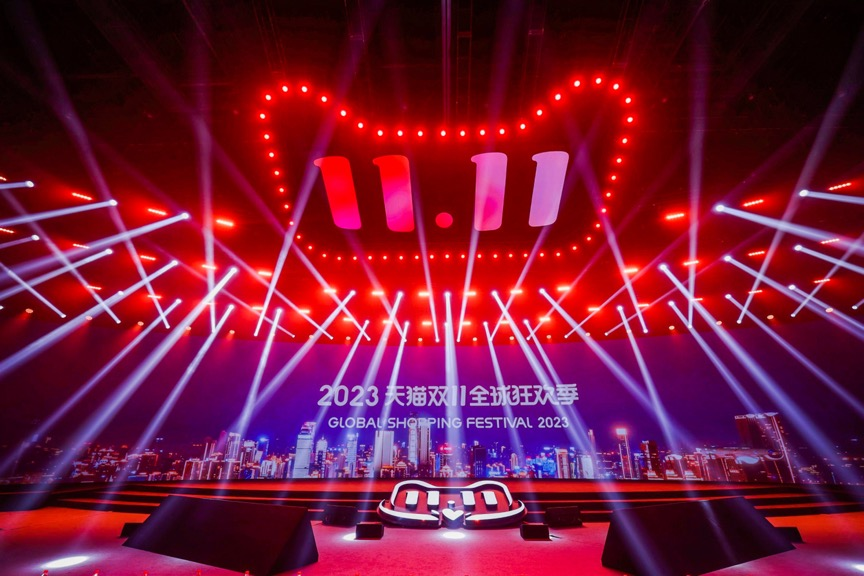
However, in 2024, as China's e-commerce industry underwent changes, the Double 11 Gala came to an abrupt end. An insider from Tmall responded that canceling the gala was to focus funds on subsidizing products and benefiting consumers.
Does the cancellation of the Double 11 Gala herald the end of the Double 11 marketing model? Without the gala, what are e-commerce giants relying on to continue driving sales data?
No gala, but Alibaba continues with discounts
An undeniable fact is that as a marketing event, the growth rate of transaction volume on Double 11 has been slowing down. In 2021, the growth rate of GMV (Gross Merchandise Volume) on Double 11 fell below 10% for the first time. The data screens and real-time sales reports that used to appear during the gala have disappeared, replaced by a direct transaction figure.
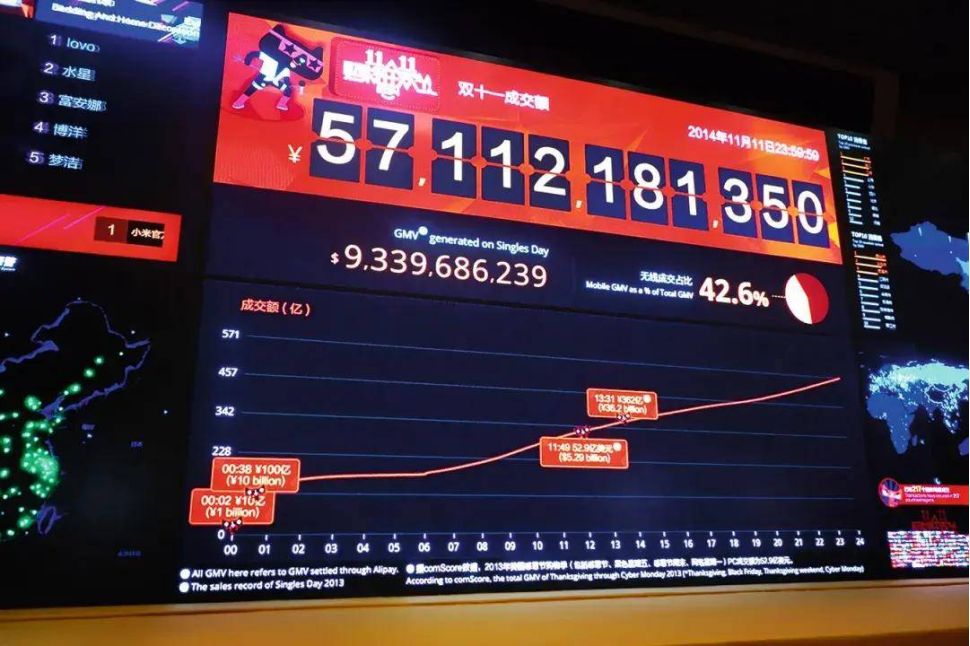
2014 Double 11 Data Screen
In the past three years, Pinduoduo has emerged as the new e-commerce giant, and live streaming e-commerce platforms like Douyin have started to rise. This has gradually shaken the dominant position of Alibaba, the former leader.
Users are the first to become indifferent to such marketing events. In past years, every October, major e-commerce companies and express delivery companies would enter a 007 mode. This regular busyness highlighted the glory of the e-commerce boom period. However, a survey by Bain Consulting showed that in 2021, over 75% of Chinese consumers were still excited about Double 11, but two years later, this proportion had dropped to 53%. At the same time, another startling statistic is that the proportion of consumers increasing their spending on Double 11 has dropped from 51% to 23%.
The promotional model of Double 11 originated in 2009 when Taobao Mall (Tmall) held an online promotion on November 11, and sales exceeded expectations. Later, this annual marketing event became a fixed date for Taobao to hold large-scale promotions.
Regular sales, pre-sales models, and coupons have also become fixed elements of Double 11. The "Double 11" in 2024 started on October 14, ten days earlier than last year, making it the longest Double 11 in history. The pre-sale system, which was canceled during the 618 promotion, has returned.
Ultimately, Double 11 marketing is primarily about price discounts. From the perspective of the entire e-commerce development process, promotional coupons that require complex calculations and must be used within a specified time frame, this merchant-led discount model has now lost its appeal.
While the Double 11 Gala has been canceled, the discount period for Double 11 has become longer and the discounts have become more intense. This year, JD.com, Douyin, and Pinduoduo's promotional periods all exceeded 30 days, and they all started earlier than Tmall. More importantly, they do not require pre-sales.

Image source: Internet
However, for Alibaba, even though the Double 11 Gala has been canceled, discounts will continue. It's just that the discounts it represents are not as concentrated as they used to be.
Media reports indicate that the savings from canceling the gala will be fully invested in subsidies for merchants and consumers. These discounts also include 30 billion yuan in consumer vouchers and red envelopes, as well as 3 billion yuan in merchant support subsidies, which is also considerable.
Directly providing discounts to users is arguably a more practical approach. After all, for the e-commerce consumer ecosystem, which has ended its barbaric growth, low prices are no longer a foolproof strategy. Alibaba's cancellation of the gala can be seen as a proactive strategy to adapt to market changes. So, can marketing models like Alibaba's "festival creation" continue in the future?
Do today's consumers not need festive nodes?
As a traditional marketing model, Double 11 is almost a required course for many e-commerce companies when setting marketing nodes. Another focus of Double 11 discounts is limited offers. For merchants, the infinite cycle of consumer behavior created by festivals is obviously the best way to cultivate consumer behavior. These behavioral habits are very powerful, like eating zongzi on Dragon Boat Festival and attending masquerades on Halloween.
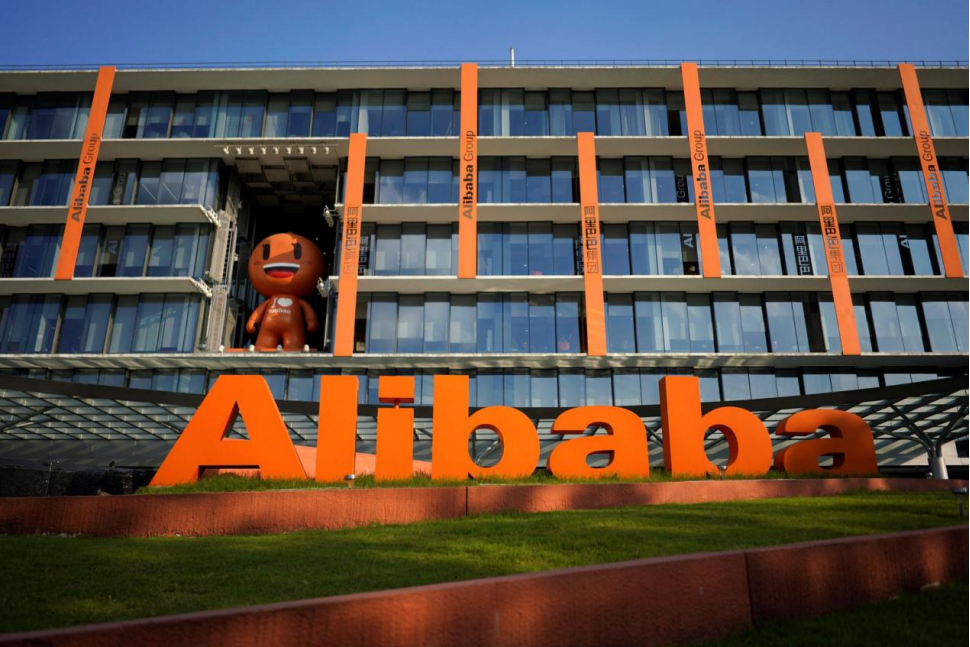
However, many merchants now believe that the "festival atmosphere" of Double 11 is fading. Some merchants say that this year's Double 11 price impact is waning. In terms of timing, discounts have been diverted by many live streamers. The current trend is that small-scale promotions are basically crowding out the prices of large-scale promotions. Currently, the meaning of Double 11 is more focused on motivation or a shopping habit that Alibaba has cultivated among consumers over the past few years, namely, that Double 11 is a shopping opportunity that will lead to a surge in sales.
Some merchants have set this year's Double 11 to start on October 14, and some platforms plan to move next year's Double 11 up to October 1. An obvious trend is that the concept of a limited time frame for Double 11 will obviously become increasingly blurred. Some merchants even believe that Double 11 will eventually become a minor festival.
For some merchants that focus on private domains, one Double 11 or 618 is no longer enough. Some brands have begun to spread their marketing nodes across every interesting day, continuously capturing customers' attention. For example, there's 520 for beauty products, May Day and National Day for clothing. The marketing at each node has actually diverted some of the appeal of Double 11.
Every year before Double 11, the marketing departments of major e-commerce companies rack their brains to think of ways to surpass last year's creativity. However, compared to other marketing forms, node marketing like Double 11 is a repetitive behavioral ritual. For current merchants and platforms, rather than innovating, it is more important to emphasize the characteristics of buying, and what can continue to expand are actually the purchasing time and user levels.
One of the most typical examples is KFC's Crazy Thursday, which leverages the momentum to create an exclusive Crazy Thursday for private domain customers, offering them discounts and benefits.

For consumers, without the gala and time constraints, the tension of consumption will inevitably diminish. The feeling of needing to participate in pre-sales on Taobao or missing out will be gone forever. A longer discount period also gives the initiative back to consumers, and there is no need to forcibly reach a certain discount threshold, which obviously provides a better experience.
Discounts are not just for users
With discounts not being time-limited, the main focus becomes a consumer gimmick. How can major e-commerce platforms play this year's Double 11?
Firstly, by reducing price wars. Shedding the tricks of "lowest price on the entire network," major platforms and merchants are returning to rationality and focusing on quality. Taobao and JD.com have also launched new merchant rating systems, using high-traffic periods to screen for quality merchants. Some platforms still choose to provide discounts to merchants and have begun to implement support policies for merchants to help them reduce costs.
For example, Pinduoduo has launched the "New Quality Merchant Support Plan," and some fresh food merchants can also receive shipping subsidies and other benefits. Some media outlets have commented that as competition on the supply side of the e-commerce industry intensifies, there is no room for users to compete on low prices. For platforms to retain quality merchants, it has become a new trend this Double 11 to instead build a high-quality e-commerce environment. Not engaging in price wars is also an opportunity for merchants to better develop new products, provide good service, and create differentiation.
The fading of Double 11 is undoubtedly a new development opportunity for both platforms and merchants. For platforms, they can create a better living environment for the vast number of small and medium-sized merchants through technological innovation and a more reasonable traffic allocation mechanism. In addition, with the widespread application of AI technology, improving efficiency and user experience may also be the next key consideration for platforms like Taobao.
In the mobile internet era, consumers place more emphasis on personalized and fragmented shopping experiences. As a traditional and concentrated shopping method, Double 11 can no longer meet the diverse needs of consumers.
Whether it's Alibaba or other companies canceling the Double 11 Gala and investing more resources and energy into online shopping experiences and marketing innovation clearly aligns more with current consumer shopping habits and expectations. Canceling the gala can also free up resources and energy to more flexibly respond to changes in market competition and consumer demand.
Of course, some believe that this is Alibaba weakening the brand influence and market attention of Double 11, while others believe it is a helpless move by Alibaba in response to market competition pressure. From a longer-term perspective, canceling the Double 11 Gala may be a wise and pragmatic decision made by Alibaba in the process of seeking new development opportunities and growth points. When the gala cannot be directly converted into sales, inviting dozens of guests to the stage truly becomes a waste of money.
After this restructuring of Double 11, e-commerce platforms may enter a new stage of free exploration and re-identifying and grasping strategies. As for whether there will be a gala in the future on Double 11, perhaps it's not that important anymore!
References
1. The cancellation of the Double 11 Gala has also changed the e-commerce ecosystem, Ecns
2. The cancellation of the Double 11 Gala marks the end of an era of consumption, LatePost
3. Alibaba cancels the Double 11 Gala: The end of an era of consumption, Cloud Service Observer
- END -

